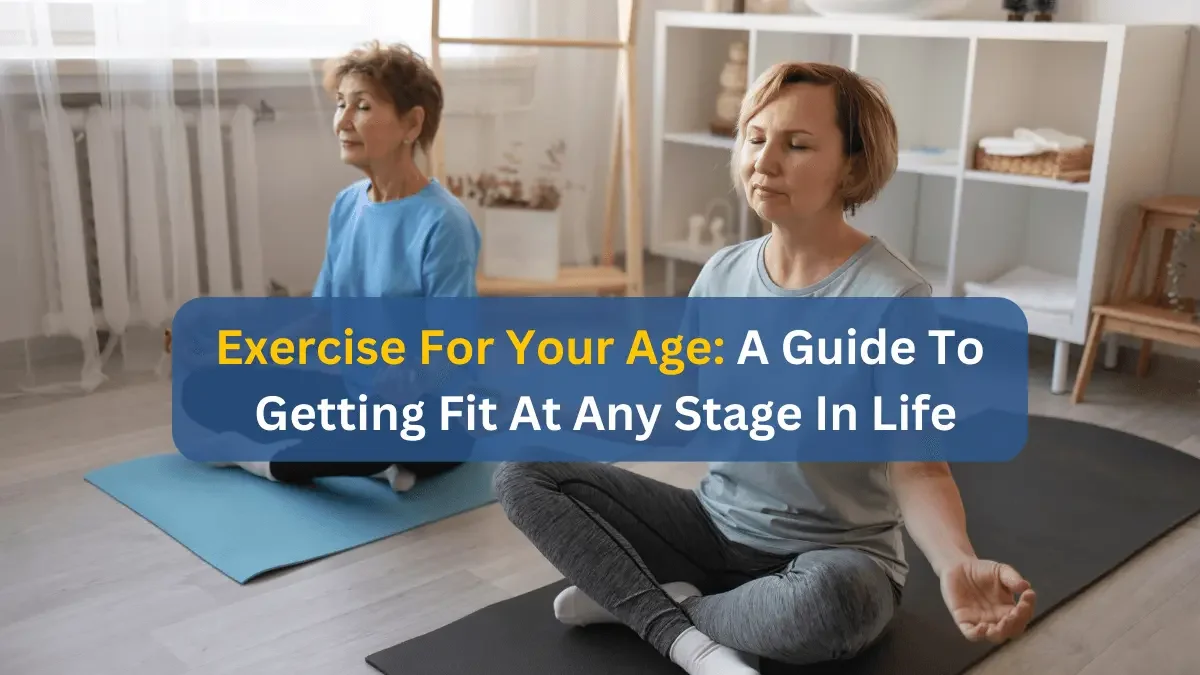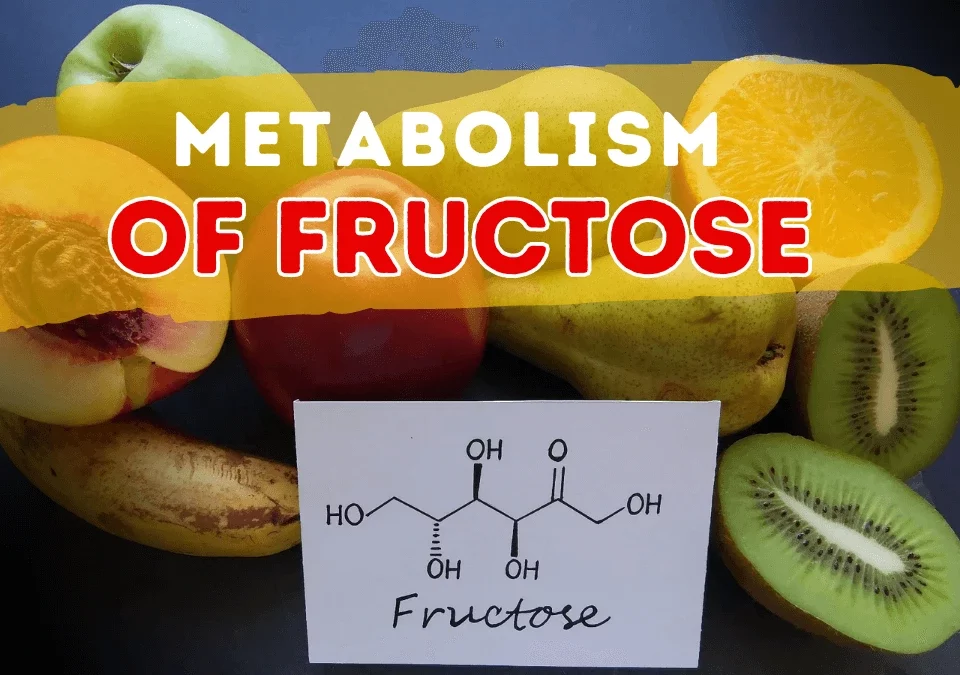Exercise For Your Age: A Guide To Getting Fit At Any Stage In Life

High Blood Pressure And Its Cure
February 11, 2023
Svetakutaja Can Help In Psoriasis
February 25, 2023Exercise For Your Age: A Guide To Getting Fit At Any Stage In Life
As we age, our physical abilities begin to decline. This is a natural process that happens to everyone, but that doesn’t mean we have to accept it as inevitable.
There are many things we can do to slow down the ageing process and stay fit and healthy at any age. Exercise is one of the most important things we can do for our long-term health. It has numerous benefits, including reducing the risk of chronic diseases, improving mental health, and reducing the symptoms of ageing.
In this article, we will take a look at the benefits of exercise for different age groups. We will also provide some tips on how to get started and stick with an exercise routine.
1. Introduction
As we age, our bodies go through changes that can impact our fitness levels. But that doesn't mean we can't stay in shape - it just means we have to adapt our workout routine to fit our needs.
There are a lot of different ways to stay active, regardless of your age. In this article, we'll give you some tips on how to find the right exercise for your age. We'll also share some of our favourite workout ideas for seniors, so you can get started on your fitness journey today.
2. Why is it important to stay active as we age?
Exercise is important at any age, but it's especially vital as we get older. Not only does it help us maintain our physical health, but it can also improve our mental health, help us sleep better, and boost our energy levels.
3. The benefits of being active at any age
As we get older, we sometimes find it harder to exercise. We don't have the same energy or motivation that we once did.
And yet, there are plenty of benefits to maintaining an active lifestyle throughout life. In fact, you can find many health benefits by staying active for a long time — even as you age.
Benefits of Exercise for Everyone
The benefits of being active at any age are numerous and varied:
Physical activity lowers the risk of cancer and heart disease.
Exercise helps control blood pressure and glucose levels in people with diabetes.
Exercise can help manage stress, anxiety, depression and other mental health issues common among people who are chronically inactive.
Regular exercise can improve moods and self-esteem for people who feel depressed or anxious about their weight or body image.
4. How to get started with a fitness routine
If you're new to exercising, it can be hard to know where to begin.
You might be thinking about starting a workout routine, or you may have already started one but want to make sure it's right for you. Whatever the case may be, there are some steps that can help you get started with your new fitness routine in no time at all.
Set goals
The first thing you should do when starting a new fitness routine is to set some goals for yourself. What do you want to achieve? How long do you want to exercise? How many times per week? These are all great questions to think about as you create your own plan of action that works for you.
5. Staying motivated to workout
The first step to getting fit is staying motivated. The more you exercise, the more benefit you’ll get from it.
The longer you’ve been exercising, the harder it will be to start again. You may have to make some changes in your routine, like going for a shorter run or changing the speed of a HIIT (High-Intensity Interval Training) class.
If you have a partner or family member who would like to join you on your journey, this can help keep you motivated and moving forward.
Exercise has many benefits that last long after you’re finished with your workout. It improves overall health and helps prevent disease, including type 2 diabetes, heart disease and arthritis. Exercise also reduces stress levels and improves sleep quality.
Conclusion
In conclusion, exercise is important for people of all ages. The best type of exercise for each individual depends on their stage of life. For young people, moderate-intensity aerobic exercise is the best type of exercise. For middle-aged adults, focus on high-intensity interval training. And for older adults, any type of exercise is better than none at all. If you need help getting started, getting in touch with a certified personal trainer would be a great idea.
References:
https://www.who.int/news-room/fact-sheets/detail/physical-activity
https://www.cdc.gov/physicalactivity/basics/age-chart.html
https://www.thehealthy.com/exercise/best-workout-every-age/
https://medlineplus.gov/ency/article/002080.html







